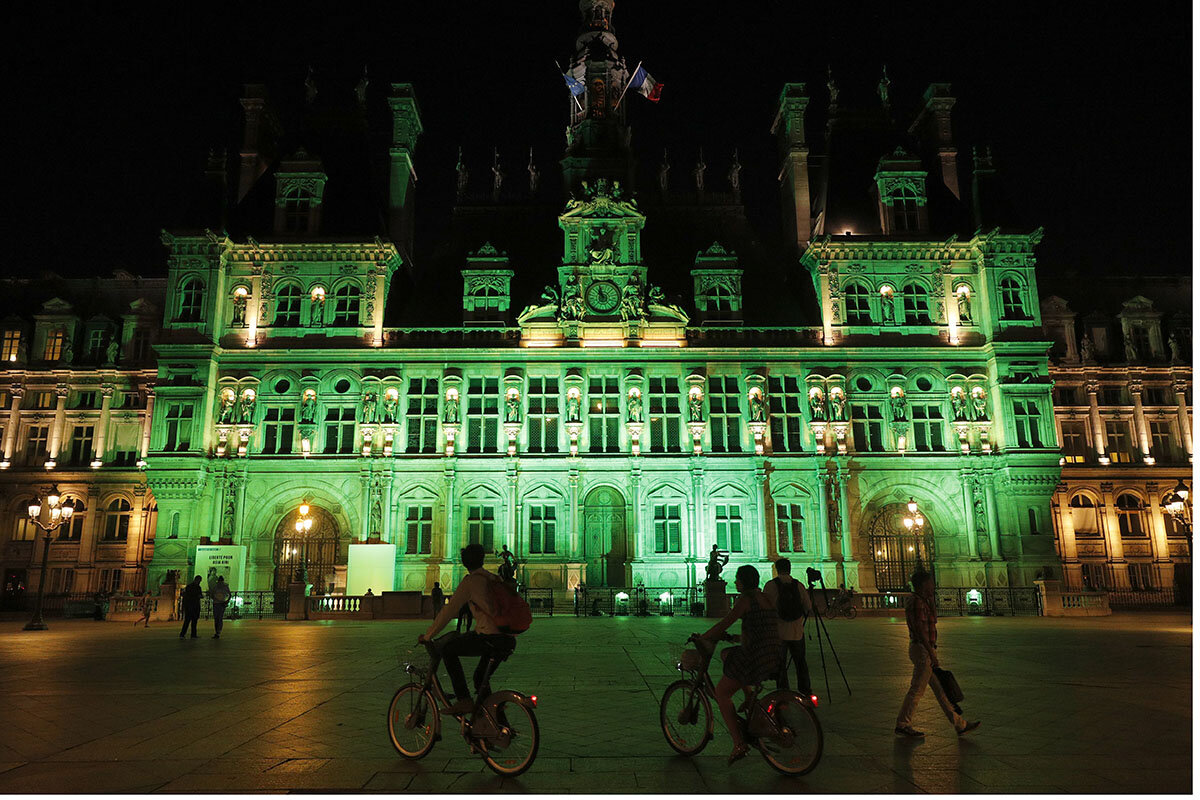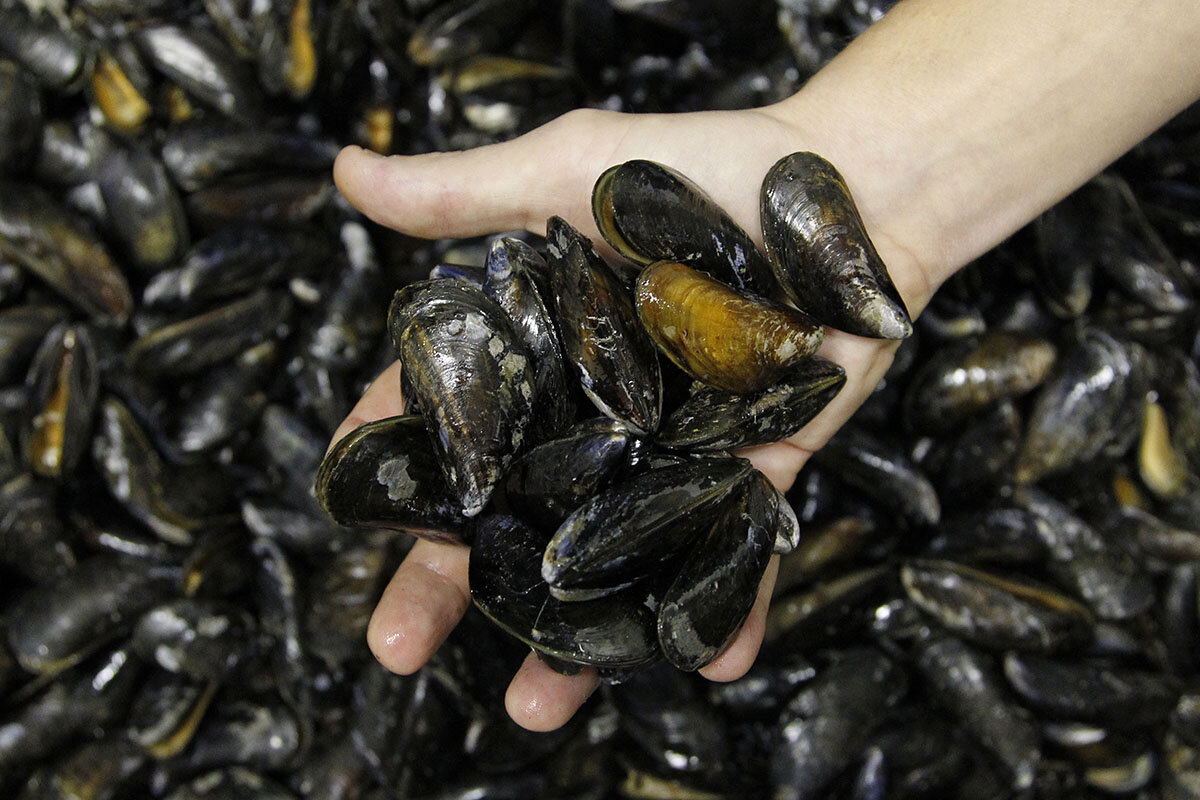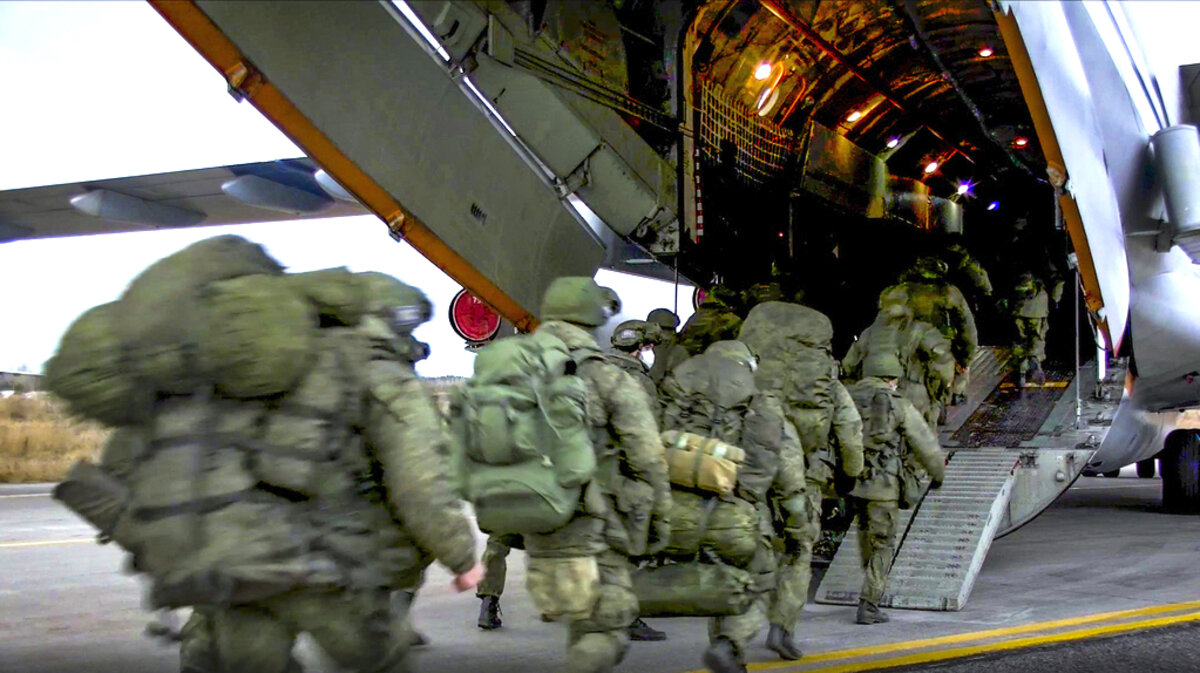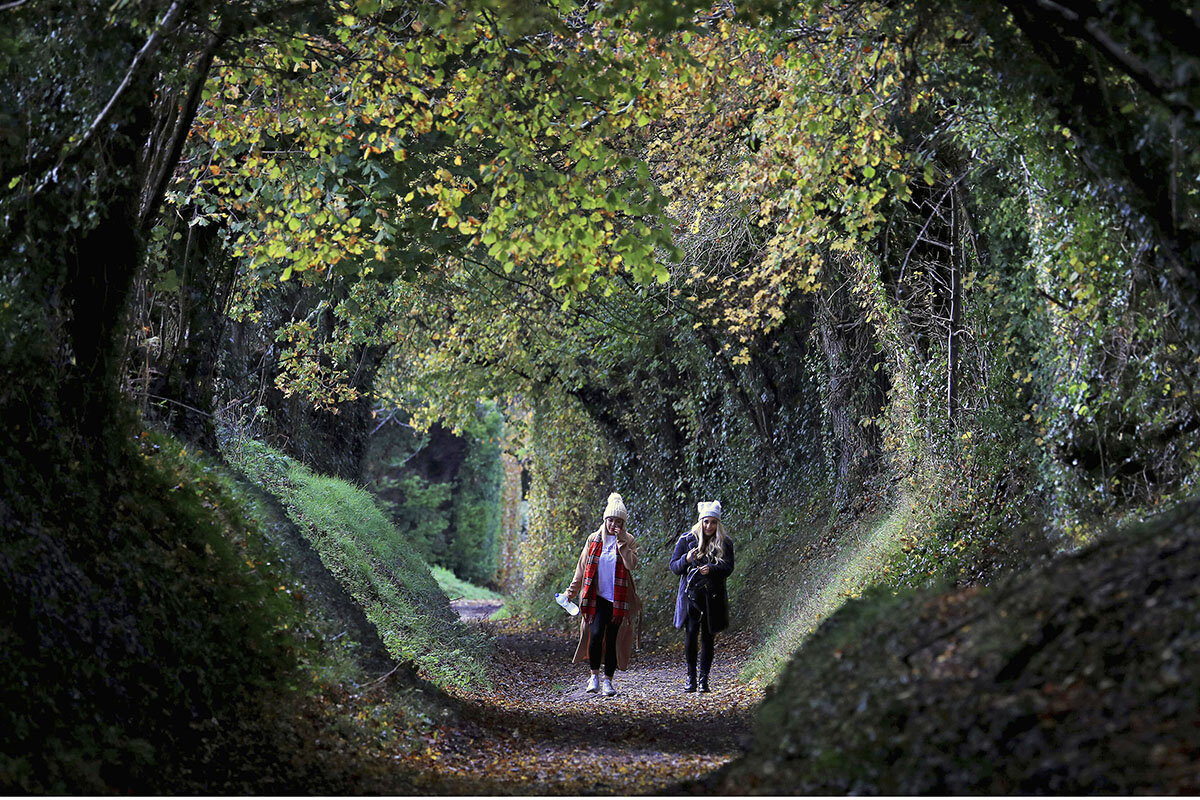So just how important are presidential transitions? With the Trump administration refusing to concede the election, the U.S. will find out. The 2000 election offers clues.
Monitor Daily Podcast
- Follow us:
- Apple Podcasts
- Spotify
- RSS Feed
- Download
 Mark Sappenfield
Mark Sappenfield
There was a moment when Emily Harrington did not think she would make it. Hanging from the 3,000-foot granite wall of El Capitan in Yosemite, she was bleeding from the head and had just spent more than 30 minutes on one difficult pitch – and failed.
About 10 hours later – after more than 21 hours on the rock – Ms. Harrington last week became the first woman to free-climb the Golden Gate route of El Capitan in one day. “I just had one of those attempts where it was an out-of-body experience, like, ‘I can’t believe I’m still holding on, I can’t believe I’m still holding on,’ and then I was finished with the pitch.”
She’s now the fourth woman to climb El Capitan in a day. Lynn Hill was the first, using a different route in 1994, and her success began with controlling thought. As you struggle, “you see your mind start to go,” she told Gripped, a climbing magazine. “You can either keep persevering or you can kind of mentally give up.” Ms. Hill persevered because she was determined to shatter limits imposed on women. “It’s really important ... to know that it’s possible because it’s the mind and belief that drives us,” she said.
That same belief drove Ms. Harrington. “I chose it exactly for that reason,” she wrote on Instagram. “Impossible dreams challenge us to rise above who we are now to see if we can become better versions of ourselves.”










